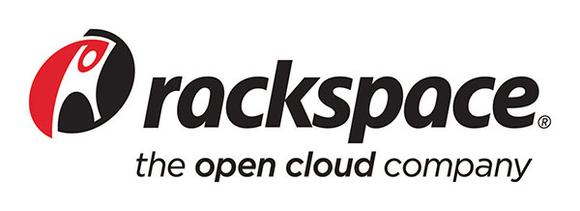
Cloud computing company Rackspace Hosting Inc. (NYSE: RAX) announced its first quarter earnings report on Monday, May 11, which consequently sent shares down 14% in after-hours trading on Monday evening.
Highlights from the report include $0.20 earnings per share and $480 million in revenue, up from $0.18 earnings per share and 14.1% in revenue from the same quarter last year. Rackspace claims that if foreign exchange headwinds did not take an effect, revenue would have increased 16.6%.

Rackspace’s stock dropped because the company lowered its revenue expectations for the current quarter. While Rackspace provided revenue guidance between $487 million and $492 million, Wall Street had expected $502 million.
Bryan McGrath, Rackspace Vice President of Finance, attributed the company’s lower guidance to a big client’s reluctance to share its data beyond its own country. Additionally, another major client from the U.K left Rackspace in favor of its own data center in Africa “because of data sovereignty laws,” McGrath said.
Another reason for Rackspace’s revenue shortfall is due to increasing competition from its main competitor, Amazon web services, whose revenue grew 49% last quarter. However, rumors have been circulating of a possible partnership between Rackspace and AWS.
Overall, Rackspace was pleased with its first quarter earnings report. Taylor Rhodes, president and CEO of Rackspace, stated, “We delivered on our promises in the first quarter and are better positioning ourselves to benefit from the rapid growth of the managed cloud market… The execution of our strategy is driving profitable growth for Rackspace, including through a rising number of new, larger enterprise customers.”
Wall Street had mixed reviews on Rackspace following its Q1 report.
On May 12, Morgan Stanley analyst Simon Flannery downgraded his rating on Rackspace from Overweight to Equal Weight and slashed his price target to $49 from $55. The analyst believes “Rackspace is well positioned for the longer term but appears to face some near term headwinds.” He added, “It may take a bit more time for steady acceleration to return as RAX shifts its focus to hybrid clouds.”














